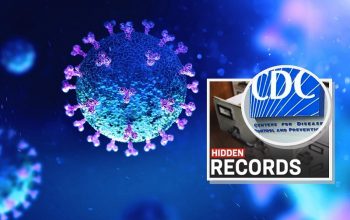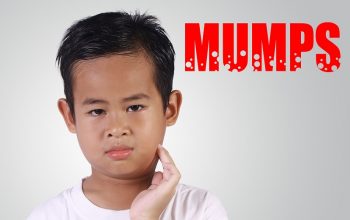On February 27, media reported two new cases of polio virus infection in Pakistan, both from Khyber Pakhtunkhwa province. One of the two is a baby girl who was vaccinated multiple times for polio.
The male patient diagnosed with polio infection is a boy named Jareer, aged 21 months, in Peshawar. He is said to belong to a religious family and his parents refused vaccination on religious grounds.
But the second child – a seven-month-old girl named Noureen – from Ganjyano Kaley in Hangu district had been vaccinated multiple times. The media story says she received at 3 doses during “routine immunization” and then additional dose(s) during “Supplementary Immunization Activity”. Yet she contracted polio.
The question arising is of course what is the use of this vaccine when it can’t protect a child from the disease it targets. A “health expert” whose name or credentials were not specified in the story was quoted thus:
“The campaign quality was satisfactory, but immunity of the child was not very good to resist against the poliovirus.”
This statement is a direct indicator of the vaccine’s failure because the very rationale of vaccination is to boost immunity to fight infection. A child with a strong immune system wouldn’t need a vaccine to fight an infection. And if the vaccine can’t boost immunity, it is useless.
The matter goes beyond polio vaccine effectiveness. The orally administered polio vaccine is known to cause outbreaks of polio – called vaccine associated paralytic poliomyelitis (VAPP) – which is polio caused by the virus derived from the polio vaccine. Currently, Laos is seeing such an outbreak. Could both these cases be VAPP cases?
The media has nothing to say on it. Media in Pakistan is infamously unprofessional and creates sketchy reports on many issues, vaccine and diseases being one of those. But the lack of precise information does serve the vaccine industry’s goal – to avoid any negative publicity.
By asking more questions and demanding the right to know all side and adverse effects and reactions of a vaccine, people can prevent a lot of damage, including life-threatening risks, that children and adults suffer due to risky vaccinations.


